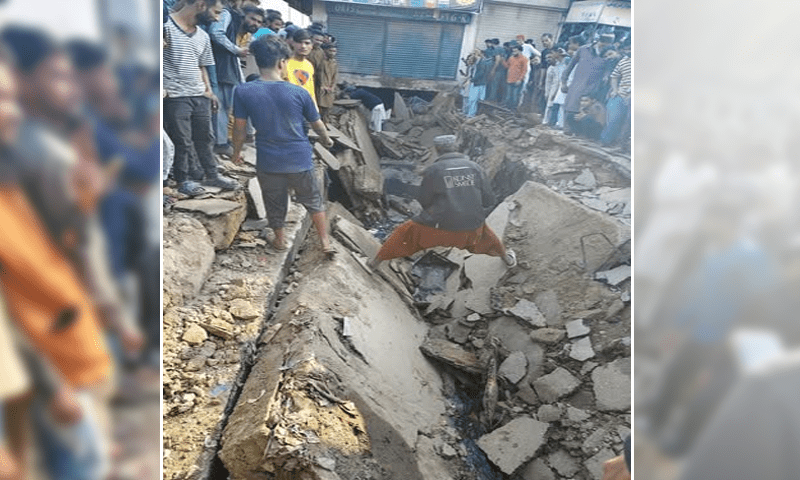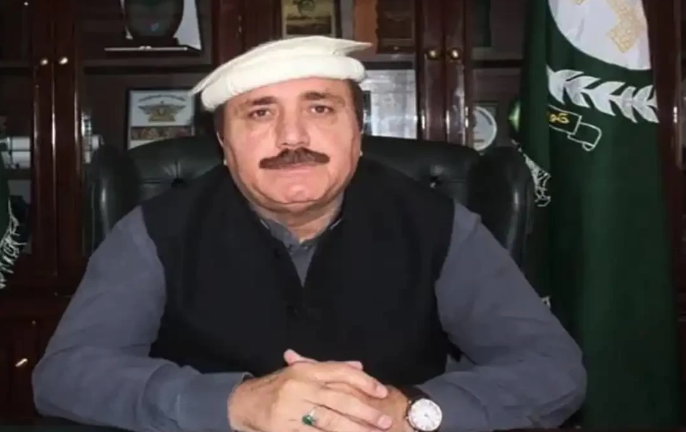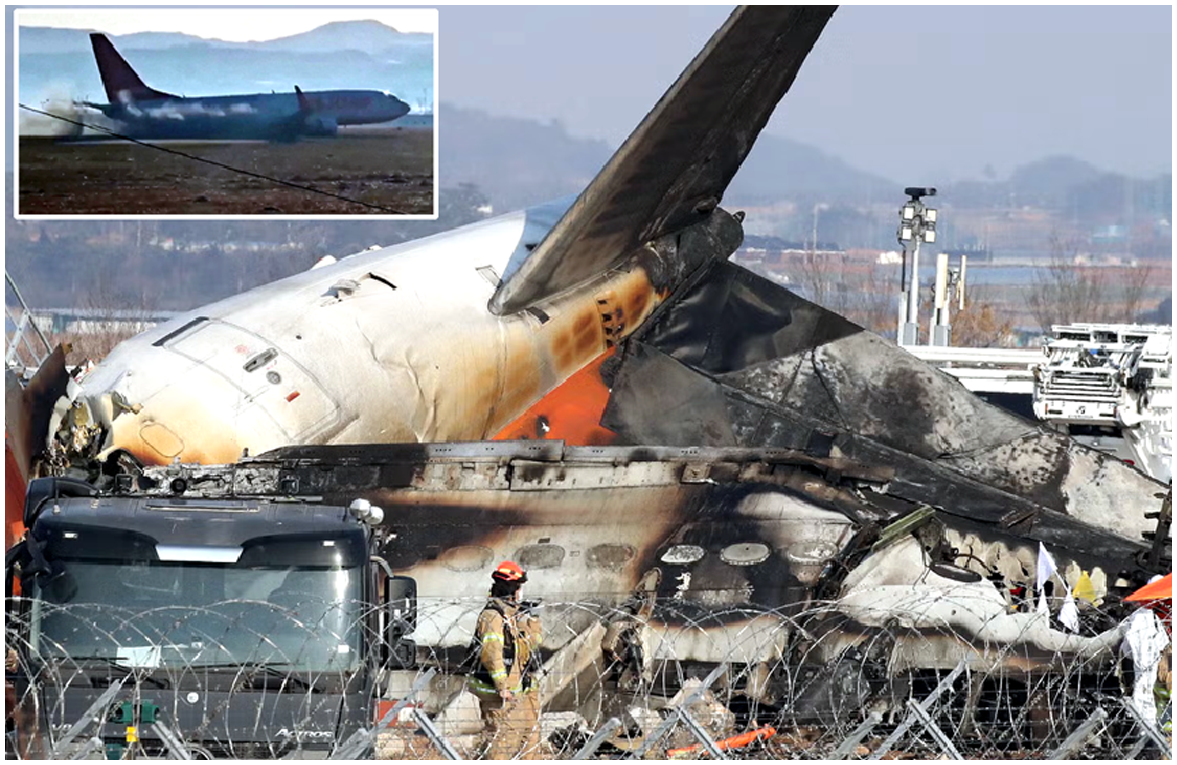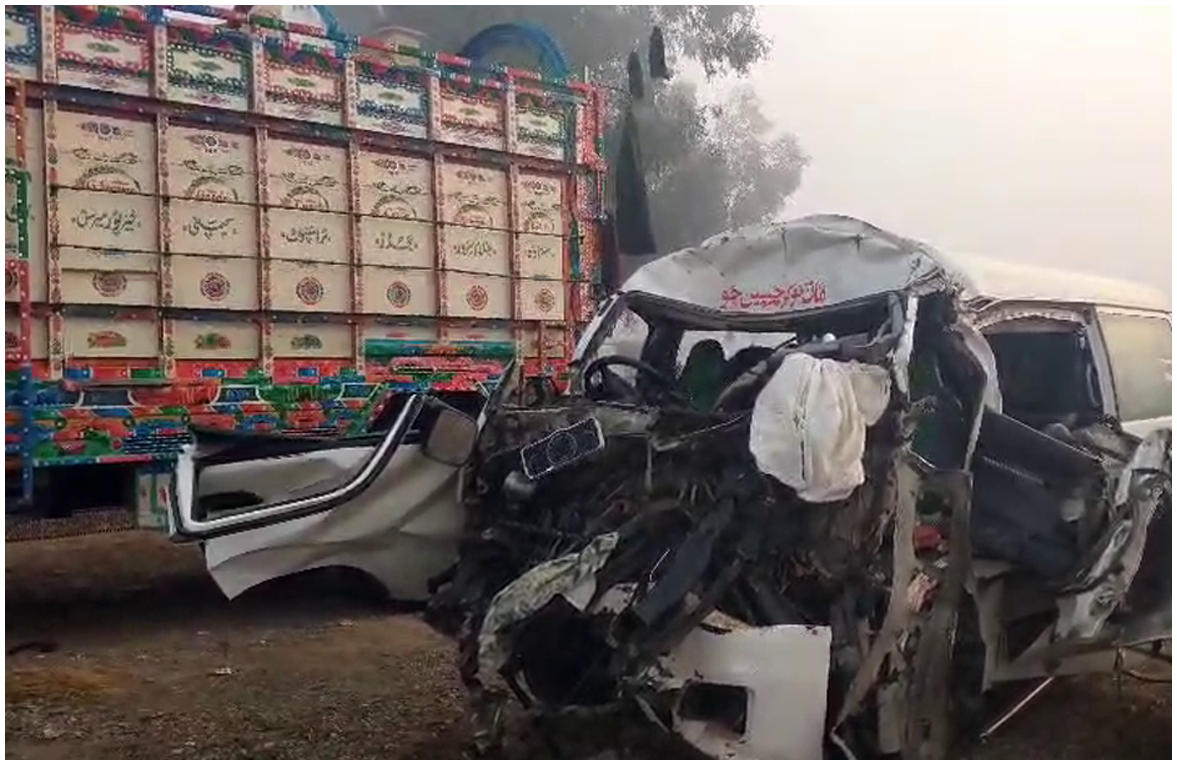HEALTH
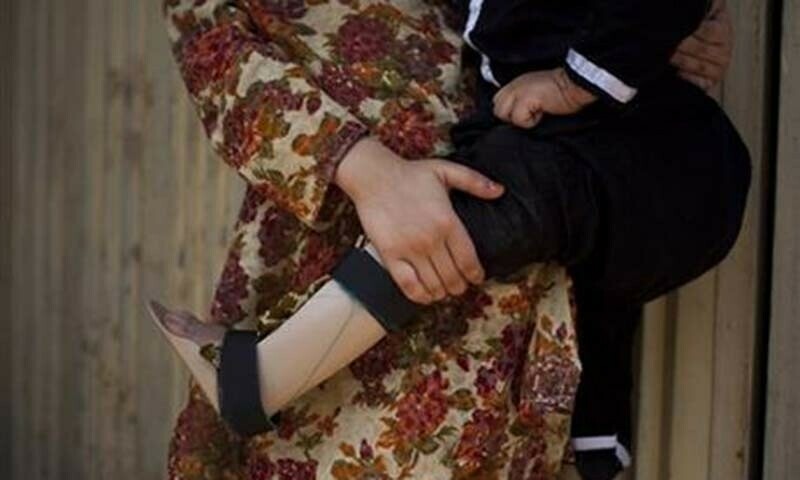
A new case of wild poliovirus has been reported in Qila Saifullah district of Balochistan, bringing the total number of polio cases in Pakistan to 46 for 2024. The case, confirmed on Tuesday, involves a male child who was diagnosed with wild poliovirus type 1 (WPV1), the most common strain of the virus. This is the second poliovirus case reported from Qila Saifullah this year.
Officials from the Regional Reference Laboratory for Polio Eradication in Islamabad confirmed the diagnosis, highlighting that genetic sequencing of the sample collected from the child is currently underway. The confirmation of the case follows a series of positive sewage samples in the area, indicating the continued presence of the virus in the environment.
Continued Struggles in Balochistan
The discovery of the latest case adds to the growing concerns in Balochistan, which has become the most affected province in Pakistan this year. So far, 23 of the 46 total polio cases in 2024 have been reported from Balochistan. The province has faced significant challenges in its vaccination efforts, including protests and militant attacks, which have hindered polio vaccination campaigns. These setbacks have likely contributed to the rise in cases, as children have missed crucial vaccination opportunities.
In addition to the new case in Qila Saifullah, two new districts — Noshki in Balochistan and Mianwali in Punjab — were recently found to have traces of the poliovirus in sewage samples. These districts, which had previously been free of polio, now face the threat of an outbreak, emphasizing the need for enhanced vaccination and surveillance in all areas.
The Situation Nationwide
Overall, Pakistan has reported a total of 46 polio cases this year, with 23 from Balochistan, 12 from Sindh, nine from Khyber Pakhtunkhwa (KP), and one each from Punjab and Islamabad. The rising case count has raised alarms, as the global goal of eradicating polio remains a distant objective for Pakistan and Afghanistan, the two remaining countries where the disease is endemic.
Polio Vaccination Efforts and Challenges
Health officials have pointed out that the increase in cases is indicative of the dangers posed by missed vaccination opportunities, which are critical in preventing the spread of the virus. Vaccination campaigns have been ramped up, but challenges remain due to security issues in some regions, as well as logistical barriers.
"High numbers of cases, especially in Balochistan, are a direct result of the difficulty in reaching children with vaccines due to ongoing security threats and civil unrest," an official from the Pakistan Polio Eradication Initiative said.
In response, the government has pledged to intensify vaccination efforts in the affected provinces, while increasing surveillance and environmental monitoring to detect the presence of the virus early. The detection of polio in sewage systems is one of the key indicators that the virus is circulating in the community, and regular monitoring of water sources has become an essential part of the polio eradication strategy.
Looking Ahead
While Balochistan remains the epicenter of polio cases this year, health experts continue to stress the importance of nationwide vaccination campaigns and enhanced community awareness to eradicate polio. The global community, including the World Health Organization (WHO) and UNICEF, continues to support Pakistan’s efforts, but local challenges, including political instability, militancy, and public health infrastructure limitations, continue to complicate eradication goals.
With the virus continuing to spread in areas previously considered safe, the urgency for comprehensive and coordinated efforts to tackle polio in Pakistan has never been greater. As new cases are reported and the virus spreads to new regions, health officials are hopeful that with sustained efforts, Pakistan can ultimately join the ranks of polio-free nations in the near future.
